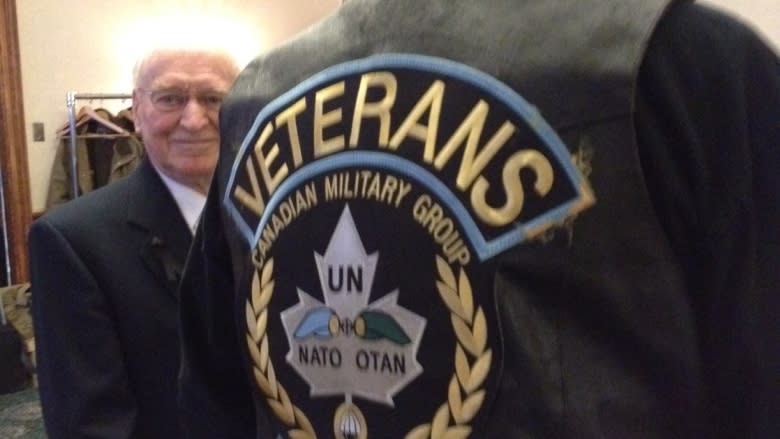Soldiers with PTSD waiting up to 6 months for help
Canadian soldiers diagnosed with post-traumatic stress disorder have waited up to six months for assessments and treatment, CBC News has learned.
The wait times are for access to a special operational stress and trauma treatment program at seven locations across the country.
Figures for 2013 obtained by CBC News show that, for example, Ottawa-based soldiers in need of a psychiatric appointment had to wait up to four months.
Getting into the specialized program took another three weeks.
In Halifax, soldiers waited almost six months in some cases for access to the program.
Reservist Kurt Grant told CBC News that those wait times can be dangerous.
"People have committed suicide during the wait periods. And people as a result of the wait periods have decided to change their minds," he said.
Grant, a longtime professional soldier who served with the Canadian Forces in Croatia, said it took years to realize he suffered from PTSD.
He was one of the lucky ones who got to see a psychiatrist within three weeks of his diagnosis.
He said the hardest step for many soldiers is admitting they’re not well.
"You have to appreciate that making the decision to get help is the first step, and it's the hardest step," he said.
Resources need to allocated
When shown the wait times obtained by CBC News, retired Brigadier-General Christian Barabé said they were difficult to accept.
"There are some lines there I do find offensive," he said.
Barabé now volunteers with Wounded Warriors, a non-profit organization that provides help to soldiers suffering from PTSD.
He’s also working alongside retired senator and prominent PTSD advocate Roméo Dallaire to ensure that soldiers receive the help they need.
While the figures for 2014 do show some improvement in wait times, Barabé told CBC News that the wait times are still "far too long."
"We run the risk of losing someone because we were not fast enough to pick up the message," he said. "We have to put the resources in place so those assessments aren’t delayed."
CBC News made repeated requests over the last several months for an interview with the man in charge of health services for the Armed Forces, Surgeon General Jean-Robert Bernier.
He was not available for comment.



